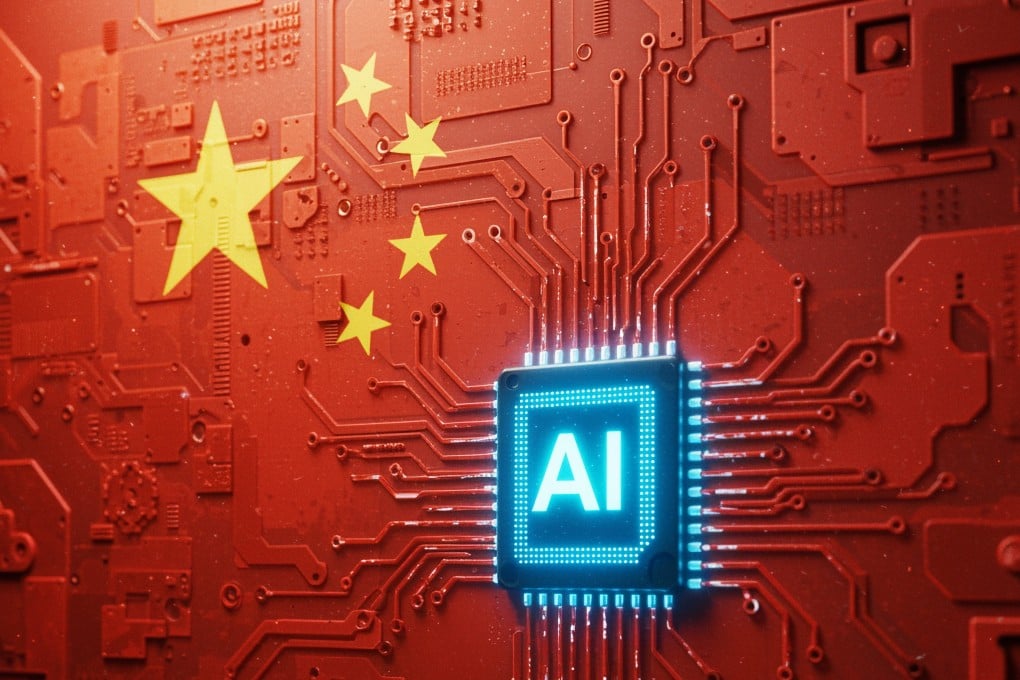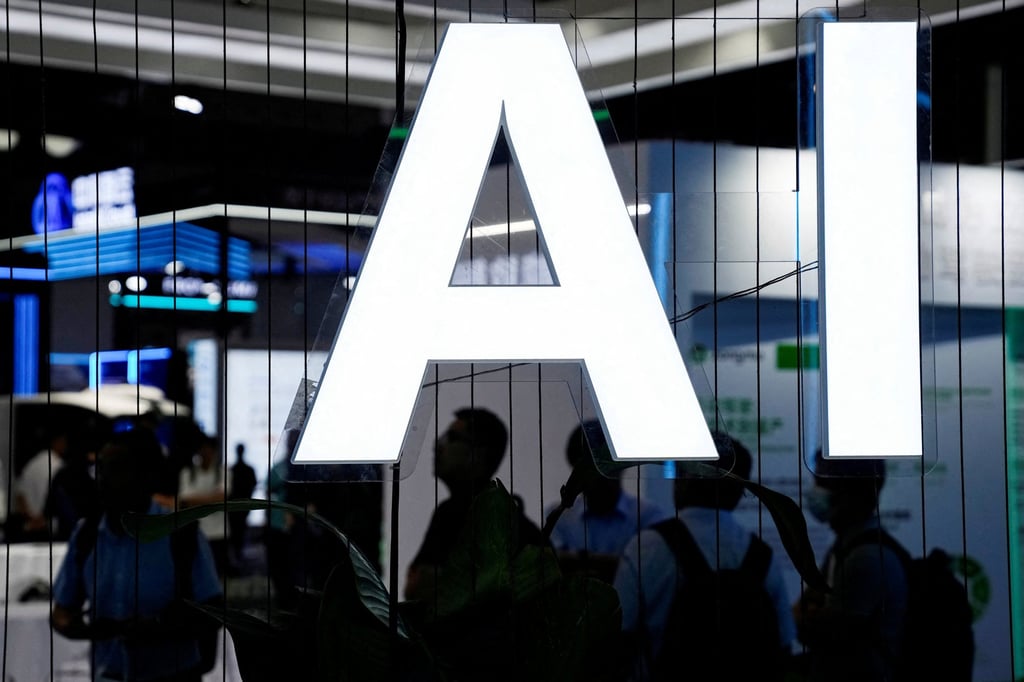My Take | China’s rapid adoption of AI demands greater scrutiny of the social impact
In contrast to the perception that Beijing has placed a lot of ‘guardrails’ on AI, China’s AI regulation so far has been limited

The first half of 2025 has witnessed a wave of artificial intelligence (AI) adoption in China. The speed and extent of this trend has exceeded previous technology waves, such as the internet in the late 20th century or electricity before that.
Thanks to the country’s computing infrastructure and fundamental models from developers like DeepSeek, Alibaba Group Holding, Tencent Holdings, ByteDance and Baidu, China is probably among the world’s most aggressive nations in adopting AI. The new technology is easily available at a reasonable cost – for individuals it is usually free – and an army of agents is ready to help deploy AI for businesses. Alibaba owns the South China Morning Post.

Chinese businesses are also rushing to deepen the use of AI algorithms in their services to cut operation costs and improve efficiency. They are doing so with urgency over fears that a delayed application of AI would put them in a disadvantaged position in the market. For many Chinese users, AI tools are already part of their day-to-day life and work.
In contrast to the perception that Beijing has placed a lot of “guardrails” on AI, China’s AI regulation so far has been limited. There are certain “red lines”. For instance, Chinese chatbots are not allowed to generate answers that violate the country’s strict online content rules, which has seen the rise of the popular game of feeding “sensitive questions” to the chatbots and mocking their refusal to answer. Separately, China has maintained a registration system for fundamental AI models, which creates a hurdle for foreign AI companies wanting to enter the market.

